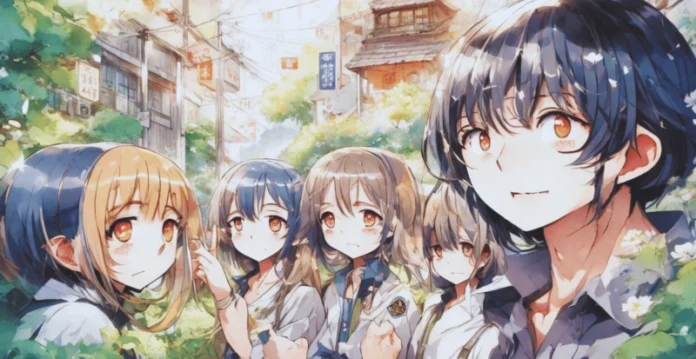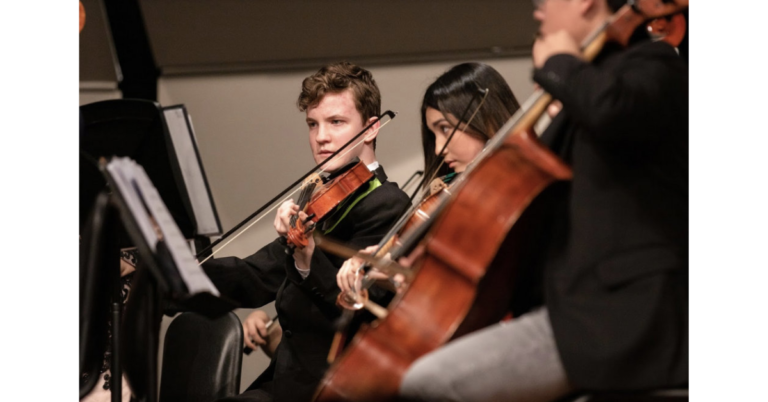Exploring “Komik Hisashiburi Ni Jikka Ni Kaettara Otouto Ga Ts Shiteta” in Japanese Culture
In the vibrant tapestry of Japanese language and culture, certain phrases like “Komik Hisashiburi Ni Jikka Ni Kaettara Otouto Ga Ts Shiteta” offer unique insights into societal norms and cultural nuances. This article delves into the multifaceted aspects of this intriguing expression, examining its significance, implications, and its portrayal within the realm of manga.
Introduction
Japanese language enthusiasts and cultural observers alike often encounter fascinating phrases that encapsulate deeper meanings beyond their literal translations. “Komik Hisashiburi Ni Jikka Ni Kaettara Otouto Ga Ts Shiteta” is one such example, resonating with layers of social context and everyday interactions in Japan.
Breaking Down the Phrase
At its core, “Komik Hisashiburi Ni Jikka Ni Kaettara Otouto Ga Ts Shiteta” translates to “When I returned home after a long absence, my little brother had grown taller.” This seemingly straightforward statement unfolds into a narrative of familial dynamics, the passage of time, and the subtleties of sibling relationships in Japanese society.
Cultural Insights
In Japan, family ties hold profound significance, with relationships often portrayed through subtle gestures and unspoken understandings. The phrase reflects a common scenario where absence highlights changes, underscoring the value placed on growth and transformation within familial bonds.
Social Observations
Beyond familial contexts, “Komik Hisashiburi Ni Jikka Ni Kaettara Otouto Ga Ts Shiteta” mirrors broader societal themes. It captures the Japanese appreciation for incremental changes and the acknowledgment of personal evolution, both within oneself and among loved ones.
Appearance in Manga
Manga, a cornerstone of Japanese pop culture, frequently mirrors real-life scenarios through vivid storytelling and nuanced expressions. Instances of “Komik Hisashiburi Ni Jikka Ni Kaettara Otouto Ga Ts Shiteta” in manga narratives highlight its role in depicting relatable experiences and emotional depth, resonating with readers on familial dynamics and personal growth.
Conclusion
“Komik Hisashiburi Ni Jikka Ni Kaettara Otouto Ga Ts Shiteta” transcends its literal translation to embody the richness of Japanese language and culture. Through its exploration, we uncover not just a linguistic curiosity but a profound reflection of societal values, familial bonds, and the enduring themes of change and continuity in Japanese life.
Final Thoughts
In the mosaic of expressions that define Japanese culture, phrases like “Komik Hisashiburi Ni Jikka Ni Kaettara Otouto Ga Ts Shiteta” serve as poignant reminders of the intricate interplay between language, society, and personal experience. They invite us to appreciate the nuances of communication and the profound insights embedded within everyday conversations.
By unraveling the layers of “Komik Hisashiburi Ni Jikka Ni Kaettara Otouto Ga Ts Shiteta,” we gain not only a deeper understanding of Japanese language but also a richer perspective on the cultural fabric that shapes Japan’s social landscape.






